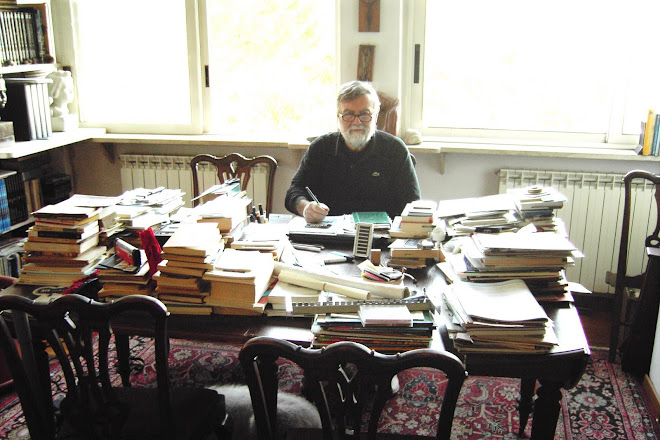Greek [Greek: mesolabion] or [Greek: mesolabon], an instrument
invented by Eratosthenes for finding two mean proportionals. [231]
The full title has some interest:
_Vera
circuli et hyperbolae quadratura cui accedit geometriae pars
universalis inserviens
quantitatum curvarum
transmutationi et mensurae. Authore
Jacobo Gregorio Abredonensi Scoto ... Patavii_, 1667. That is, James
Gregory (1638-1675) of Aberdeen (he was really born near but not in
the city),
a good
Scot, was publishing his work down in Padua. The reason was that he
had been studying in Italy, and that this was a product of his youth.
He had already (1663) published his _Optica promota_, and it is not
remarkable that his brilliancy brought him a wide circle of friends
on the continent and the offer of a pension
from Louis XIV. He became professor of mathematics
at St Andrews and later at
Edinburgh, and invented the first successful reflecting telescope.
The distinctive feature of his _Vera quadratura_
is his use of
an infinite converging series, a plan that Archimedes used with the
parabola. [232] Jean de Beaulieu wrote several works on mathematics,
including _La lumiere de l'arithmetique_ (n.d.),
_La lumiere des mathematiques_ (1673), _Nouvelle invention
d'arithmetique_ (1








Nessun commento:
Posta un commento